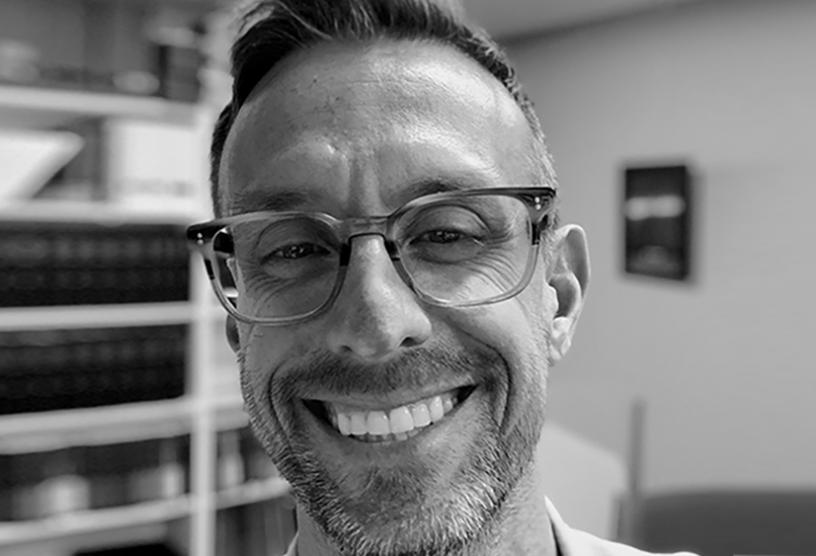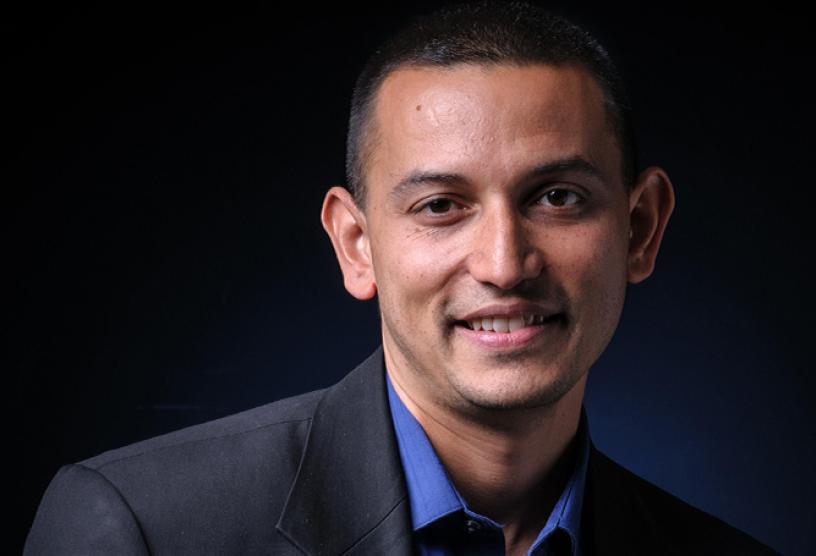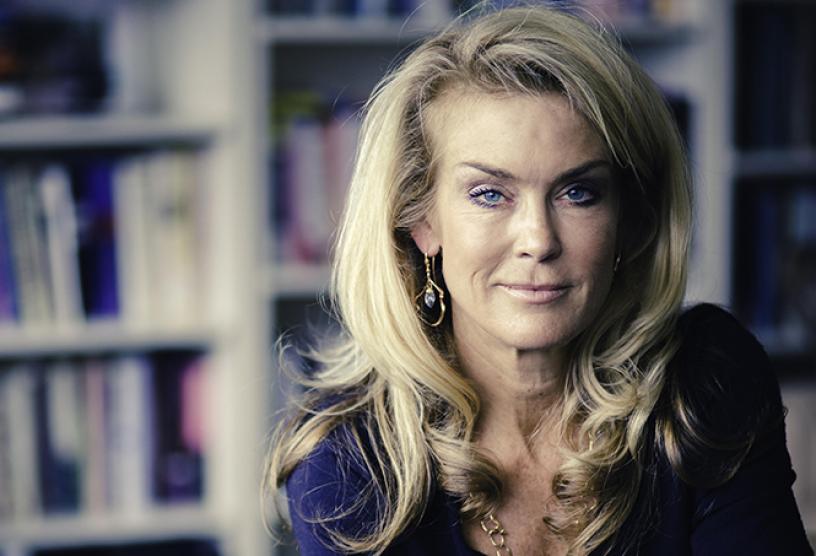
From Design to Discovery: Advisor Insights

To design a study that was rigorous and makes a meaningful contribution to the field of spirituality and religion research, we brought together an advisory group whose backgrounds in research, theology, spiritual activism, and spiritual practice could help us navigate this rich and complex field. This team was invaluable to the development of what has become the Study of Spirituality in the United States.
Dr. Ruth Braunstein
Assistant Professor in the Department of Sociology at the University of Connecticut.
Dr. Omar M. McRoberts
Associate Professor in the Department of Sociology at the University of Chicago.
Rev. Sue Phillips
Sacred Design Lab.
Dr. Tom W. Smith
Senior Fellow and Director at NORC at the University of Chicago, and director of the General Social Survey.
Adam Taylor
Executive Director of Sojourners and author of Mobilizing Hope: Faith-Inspired Activism for a Post-Civil Rights Generation.
Krista Tippett
Founder and CEO of the On Being Project.
Dr. Lynn Underwood
Senior Research Associate at the Inamori International Center for Ethics at Case Western Reserve University and developer of the Daily Spiritual Experience Scale.
Dr. C. Vanessa White
Assistant Professor of Spirituality and Ministry, Director of Master of Arts in Pastoral Studies and Specialized Ministries, Chair of Spirituality and Pastoral Ministry Department at the Catholic Theological Union.
What we have learned experientially at Fetzer over the years was confirmed by our advisors in our first meetings: spirituality is a challenging topic to understand and explore. Advisors shared reasons that include its personal nature; experiential and emotional characteristics that lack easy description; a historically dynamic common definition; overlap and conflation with religion; and fraught and loaded contemporary definitions. Our conversations in those initial gatherings and later interviews helped name these challenges, but other insights began to form our research approach and underscore the importance of the exploration.
- Most advisors described spirituality as a way of knowing the world beyond oneself and feeling connected to it in profound and meaningful ways: that part of one’s spiritual connection with the world includes a connection with one’s innermost self and intrinsic values.
- Our advisors talked about the distinction between spirituality within one’s religious identity and spirituality outside of that identity. Limitations in current research may perpetuate this dichotomy: research that measures religious identification in terms of denomination or tradition does not typically reflect people’s experiences or practices outside of religion.
- Spirituality emerges in people’s inner lives, as part of personal spiritual development, as well as their outer lives, through relationships, communities, and activity.
- Advisors noted the fluidity with which people move in and out of organized, traditional religion. Some see people easily adapting and adopting their own “personalized religions,” often informed by Eastern traditions. This might inform, or happen entirely detached from, traditional religious identity.
Recent research identifies trends, such as the rise in people identifying as spiritual but not religious, but has not delved into the experience, meaning, and stories behind the data.
Our advisors concluded that this study would be an opportunity to systematically contextualize, build on, and add nuance to current data. It could, for example, shed light on the individual and collective motivations that cause these observable trends.
We all began to imagine how we could build on current research by exploring the open question of what lies behind traditional measures of spirituality and exploring how and why spirituality matters in our world today.
- The study could listen for specific language people use when talking about their spirituality—and then communicate back to them in their own words. This would give people language to talk about their own spiritual lives and validate that others share similar experiences.
- The study could go beyond “ticking boxes” and acknowledge the hybrid aspects of spirituality.
- The study could also identify connections between people’s spirituality and how they think about and engage in activism, politics, and citizenship more broadly.
- The study could listen for what people derive from their spiritual lives, and how. This could help determine what resources or communities spiritual people look for, what emotional needs they seek to fill, and what actions they are willing to take.
We are proud to say that through the various stages of research and subsequent insights and analysis, our advisors' hopes were realized, and a more nuanced understanding of spirituality is now available. But the real promise of this research will be in the application of these findings by our organization and others to help make connections, inspire new conversations, create resources, and support individuals and communities. We look forward to the work ahead.
Gillian Gonda is Program Director, Movement Building at the Fetzer Institute.

